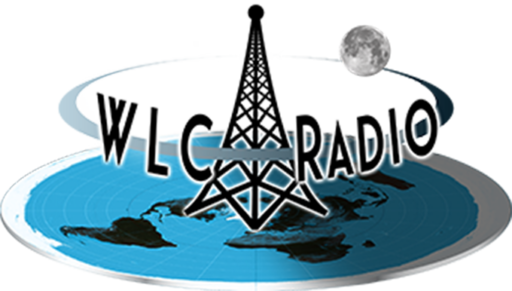Question: Why doesn't WLC begin the New Year when the sun is in Aries on Passover, in accordance with the writings of Josephus?
"In the month of Xanthicus, which is by us called Nisan, and is the beginning of our year, on the fourteenth day of the lunar month, when the sun is in Aries, (for in this month it was that we were delivered from bondage under the Egyptians,) the law ordained that we should every year slay that sacrifice which I before told you we slew when we came out of Egypt, and which was called the Passover; and so we do celebrate this passover in companies, leaving nothing of what we sacrifice till the day following." (Flavius Josephus, Antiquities of the Jews, Book III, Chapter 10, paragraph 5, http://www.ccel.org/ccel/josephus/complete.ii.iv.x.html)
Answer: This is an excellent question. It is true that in the first century, the Passover would frequently occur when the sun was in Aries. In the first century, the ecliptic (the apparent path of the sun) crossed the celestial equator1 just before the sun passed through Aries, which often caused Passover to occur when the sun was in Aries. Today, however, the ecliptic crosses the celestial equator in Pisces, which necessitates that Passover be observed when the sun is in Pisces or Aries (depending on when the New Moon occurs in relation to the sun's crossing the celestial equator at the equinox.) To ensure that the sun is in Aries for Passover, today, we would have to sometimes wait until the second lunation after the vernal equinox to begin the year.2
Said another way: Because of the precession of the stars (erroneously called "axial precession" by heliocentric astronomers), the constellations are slowly moving in their relation to the equinox. The precession is a slow shift of the stars in an anti-clockwise direction. This inconsistency makes it impossible to use a particular constellation as a consistent marker for the new year. Also, Scripture says nothing about using "Aries" or any other constellation. The only reason it is mentioned in WLC's article ("Biblical Calendation: Reckoning the New Year") is because we can know where the constellations were in the first century, which allows us to know when they were celebrating Passover in relation to the Equinox at that time.
1 The celestial equator is a projection of the terrestrial equator out into space. The equinoxes occur when the sun is crossing the celestial equator.
2 To ensure that the sun is in Aries for Passover in 2014, we would have to wait until April 29 or 30 to begin the year.


Comments